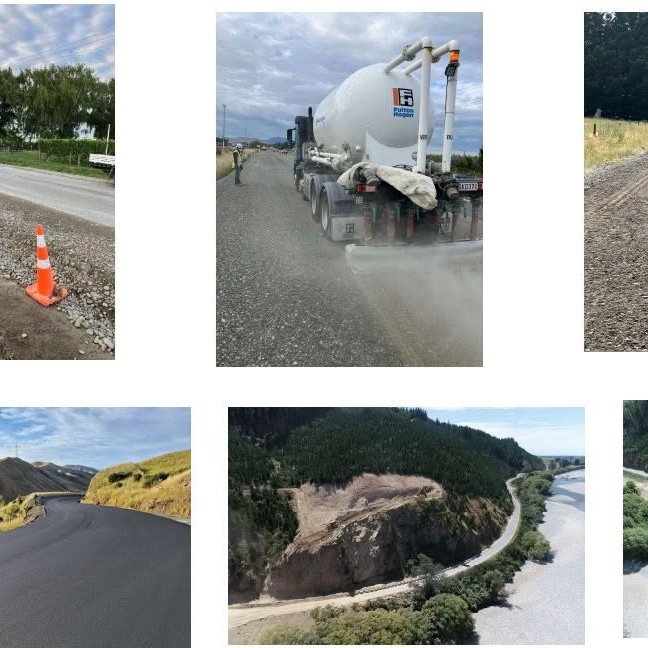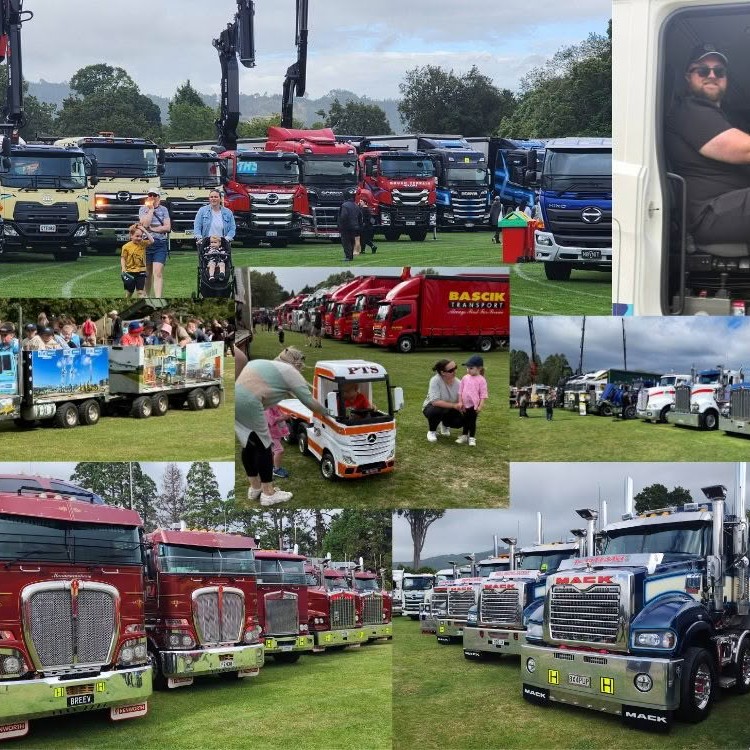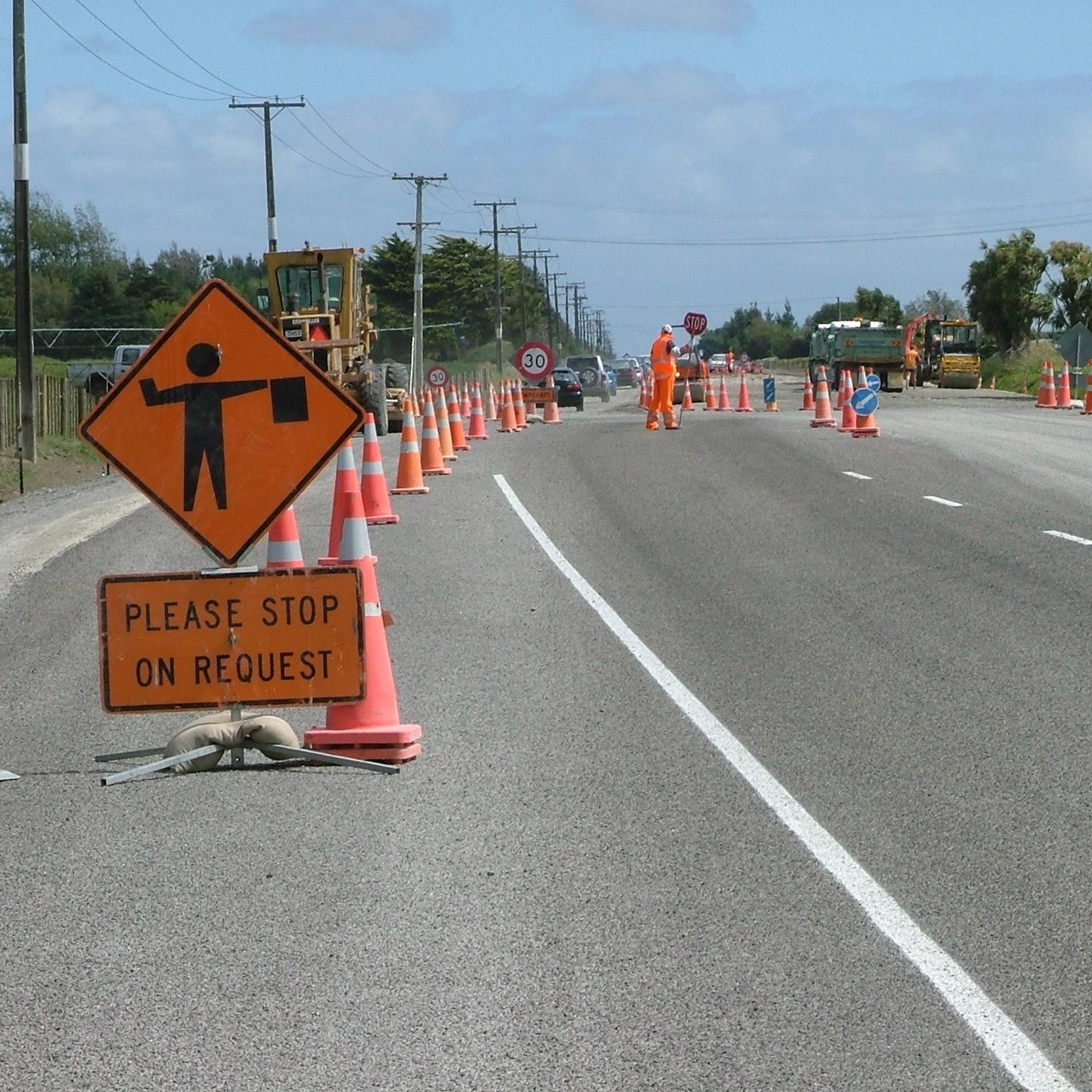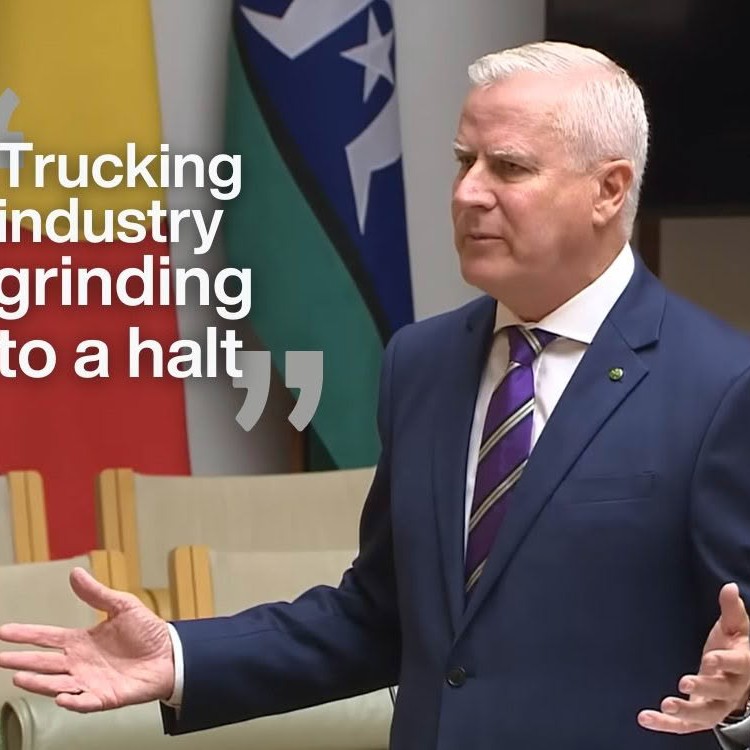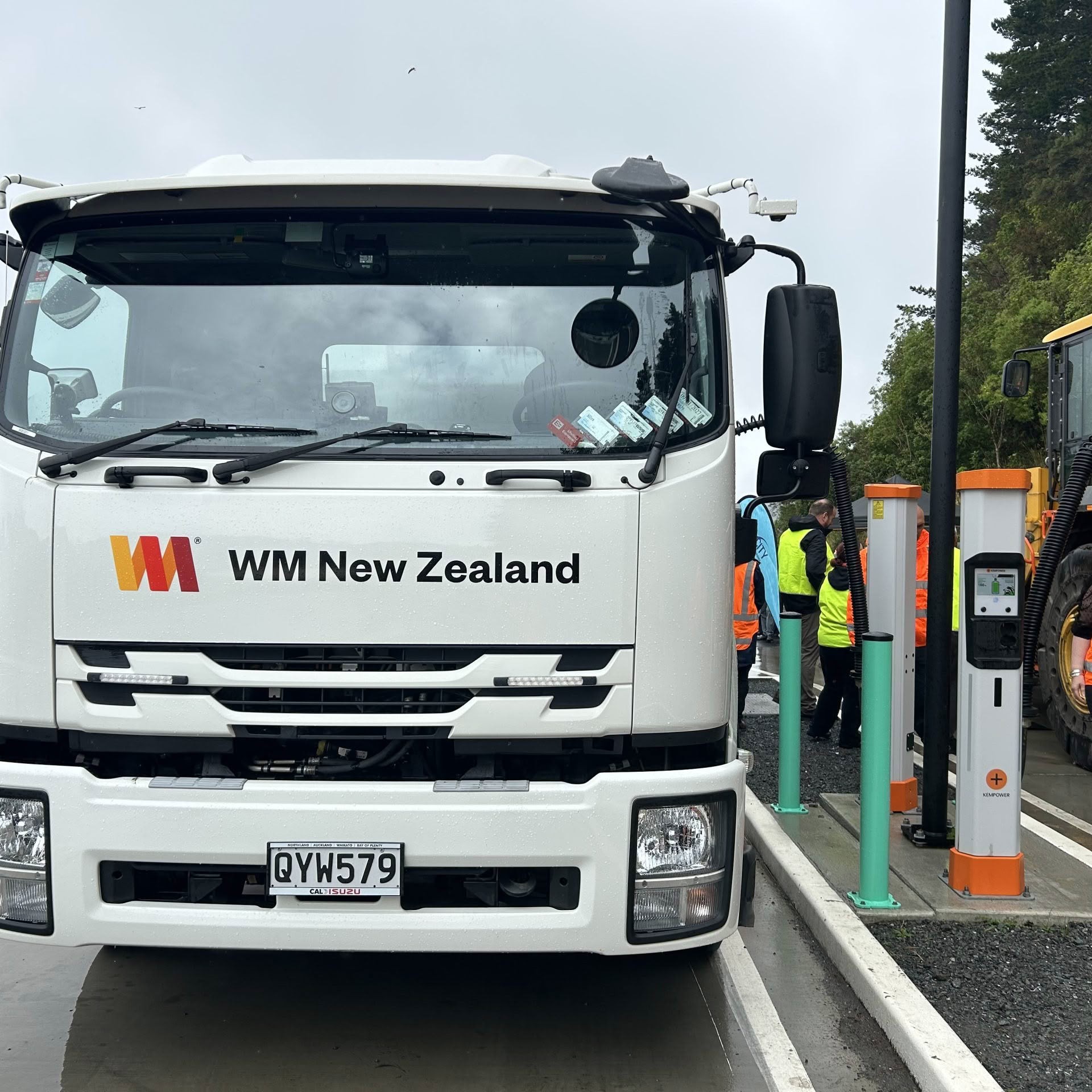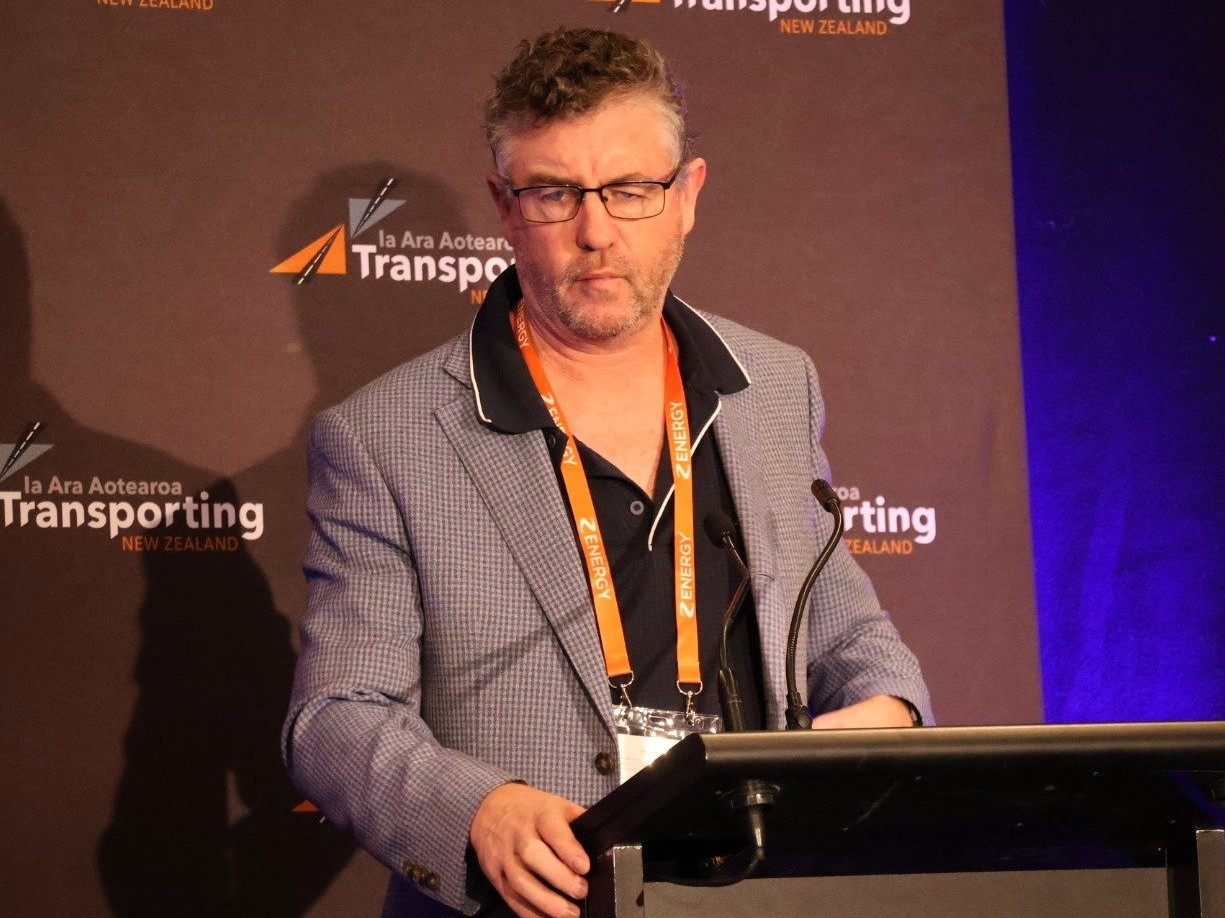
Economist and chairman of the Transporting New Zealand Board, Cam Bagrie, has some tough truths to tell about the state of the economy.
Speaking at the South Island Road Freight Seminar in June, he said a key thing people have to do if we want growth is to be better at taking and managing risk.
A key issue, he says, is that after a long period of having plenty of growth and low volatility, the world has changed.
The global focus on making commerce easy has gone. Now the world is about geo-politics, geo-strategic considerations, nationalism and countries seeking to secure their food, fuel and technological supplies. National security is now aligned with economic security.
Risky times, he says, needs better risk management. But it is something New Zealand doesn’t do well any more.
“But it’s basic finance and economics. If you want a higher expected return, you’ll be taking more risk and can expect more volatility. You need to manage that risk.
“We’ve got to have a big national discussion, not just about regulatory compliance standards, but also how do we get a risk-taking culture back into New Zealand. Because from what I’ve seen, that culture’s been beaten up pretty severely.”
Bagrie is big on growth, but there are a number of ways to achieve this.
He says the government’s signalled it wants a return to a budget surplus. He says that expectation has to change. In fact, he says more debt is needed if New Zealand is to do better.
“For instance, the Roads of National Significance programme does not have a funding pipeline at the moment.
“But it’s something we can’t afford not to do.”
He says the last RONS were funded by cancelling maintenance on existing roads.
“We tried to milk a few more years out of them and that blew up in our faces.”
He says cancelling other projects such as school building replacements don’t make sense socially or politically if the goal is just to be in surplus.
“My preference is for people getting used to government debt of 40 to 50 per cent of GDP. Otherwise the opportunity cost of not investing in New Zealand is going to be too great.”
He says the Coalition Government is right to be worried.
He says in 2023 pollsters found National was on top of all the key issues such as inflation, housing, healthcare and the economy. In fact 15 of the top 20 issues were seen as being National strengths.
The latest Ipsos poll shows a total swing so that Labour now owns 14 of the top 20 issues.
Politically if health services and other government services are under-funded, these will come to the fore in the election.
“12 months ago we were in the middle of a recession which was needed to get rid of inflation.
“The good news is we’re starting to come out of that hole. We’ve had two successive quarters of economic growth, but it’s still below what it was 12 months ago.”
He says it’ll be 2026 until things start getting much better. Farming is doing ok, but a good indicator is property prices, and they’re flat.
Farmers should start getting their cheques in September/October so that will fund the purchase of a few tractors and the like, but the housing market is the sector that tends to drive big economic upswings.
“New Zealand is a big farm, a nice place to visit and a place that builds a hell of a lot of houses.”
So the building sector has to get cracking to get the economy cranking.
But he says we won’t get wealthy selling more expensive houses to each other as housing-centric growth can only deliver so much.
As well, the fall in inflation has not been felt across the board because of increases in rates, power prices and a pound of butter hitting whatever price seems to be coming out of the random number generator machine.
And he’s worried companies are itching to push prices up to recover costs.
“I think the Reserve Bank is done and dusted in making cuts. In fact I don’t think they should have cut the interest rate last time.” [Update: The RB kept the Official Cash Rate at 3.25 per cent on June 9.]
And he has some probably unpopular advice.
“I’d like things to be a bit tougher for a bit longer. Why? Because you need tough times to really embed the good times.
“If this economy heats up in the next six months, there’ll be a bow wave of inflation and I think we will back off having to make the hard calls.”
But with next year’s Budget coming in six months ahead of the election, “I don’t think it will be a Scrooge budget.”
Here is an extract from his talk.
